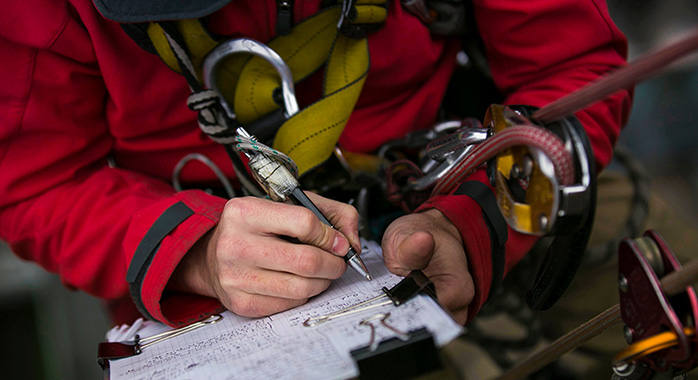The Evolution of Training in Offshore Oil and Gas Industry
The offshore oil and gas industry plays a crucial role in meeting global energy demands. However, the nature of working offshore poses unique challenges that have led to significant advancements in training methodologies over the years. In this blog, we dive into the evolving landscape of training in offshore oil and gas, exploring the advancements made to improve safety, efficiency, and competency in this complex industry.
Traditional Training Approaches
In the past, training in the offshore oil and gas industry often involved classroom-based sessions combined with on-the-job learning. While this approach had its merits, it was limited in its ability to simulate the realistic and dynamic scenarios faced offshore. Safety concerns and the need for improved competency led to the need for a more comprehensive and tailored training approach.
Simulation and Virtual Reality
One of the key breakthroughs in training within the offshore oil and gas industry has been the integration of simulation technology and virtual reality (VR) applications. Advanced simulators provide trainees with realistic experience in handling equipment, navigating hazardous situations, and responding to emergencies. Virtual reality has proven particularly effective in enhancing safety training, as it immerses trainees in lifelike scenarios without exposing them to real-life risks.
E-Learning and Web-Based Training
The rise of e-learning and web-based training platforms has revolutionized the accessibility and remote delivery of training programs in offshore oil and gas. Trainees can now access a wealth of educational materials and courses from anywhere in the world, reducing the need for physical attendance at training centers. E-learning platforms also make it easier to track progress, monitor certifications, and adapt training content based on individual needs.
Emphasis on Soft Skills
While technical competency remains essential in the offshore oil and gas industry, there has been a notable shift towards developing soft skills as well. Effective communication, teamwork, leadership, and problem-solving abilities are becoming increasingly crucial for maintaining a safe and productive offshore environment. Training programs now incorporate modules focusing on these skills to enhance overall performance and risk management.
Dynamic and Real-Time Training
With the advent of advanced technology, training in offshore oil and gas is no longer isolated to classroom sessions before deployment. Real-time training techniques, such as remote monitoring and communication systems, enable trainees to actively participate in live operations from a control center or onshore location. This hands-on experience enhances knowledge retention and promotes familiarity with the challenges faced during offshore work.
Competency Assurance Programs
To ensure a skilled workforce, offshore oil and gas companies have implemented competency assurance programs. These programs assess skills, knowledge, and performance at regular intervals throughout an individual's career. By identifying gaps and providing targeted training, competency assurance programs ensure that employees remain up-to-date with evolving industry standards and technologies.
Focus on Continuous Learning
Training in the offshore oil and gas industry is no longer limited to new hires or basic safety induction. Companies now understand the importance of continuous learning and invest in ongoing professional development for their employees. Regular training refreshers and upskilling programs help workers stay abreast of new technologies, regulations, and best practices, enhancing overall operational efficiency.
Final Thoughts
The evolution of training in offshore oil and gas has significantly improved safety, competency, and efficiency in this high-risk industry. From the adoption of simulation technology and virtual reality to the incorporation of soft skills training, companies are committed to equipping their workforce with the necessary knowledge and skills to succeed offshore. Ongoing advancements and focus on continuous learning ensure that training methodologies will continue to evolve, keeping pace with the industry's needs and challenges in the years to come.
Since day one, Onward Consulting has built, tailored and facilitated meetings and training courses. We have an established history of organizing meetings where your team members can openly share ideas, clarify objectives and communicate concerns in order to perform assignments efficiently and at optimal safety.


